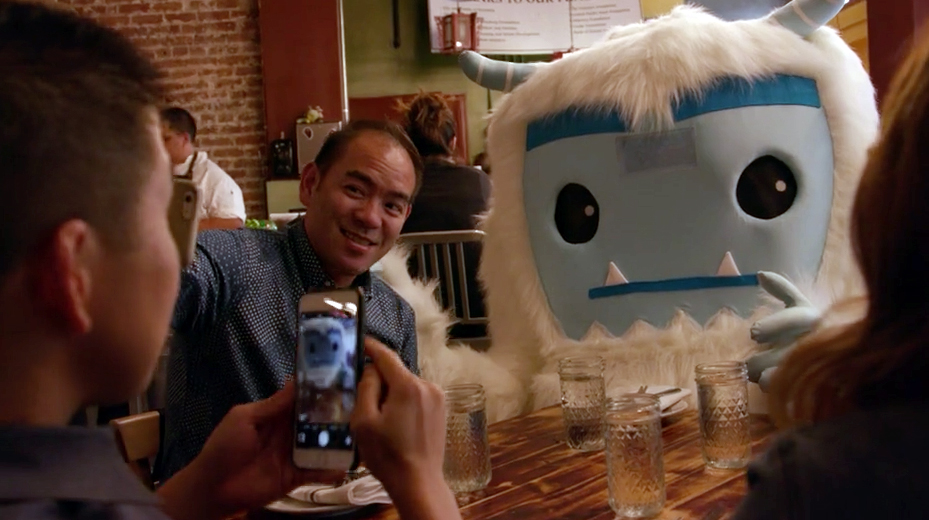5 ways to spot lies on a resume

The pressure to stand out from other applicants may tempt some jobseekers to be less than honest on their job applications. In fact, according to a study by Forensic Psychology, 31% of people lie on their resume. Falsifying education credentials, job experience, and start/end dates are some of the most common fibs, but can also include exaggerating accomplishments and salary.
As an employer, you may be wondering how you can ensure that your candidates are honest. Here are a few tactics:
1. Conduct reference checks. Find out as much information as you can from past employers—previous title, dates of employment, responsibilities, reason for leaving, salary, and job performance. Look up the former employers’ contact numbers to make sure you’re calling the company, rather than a friend or even a fake job reference service.
2. Verify education credentials. According to the Society for Human Resource Management, fewer than 50% of companies verify that job applicants have the degrees they claim to hold. Check to make sure degrees were awarded, honors were earned, and certifications are current.
3. Administer skill tests. Make sure candidates are the right fit for your business and have the skills they claim. Verify competency skills by asking technical questions or administer tests that measure abilities specific to the position.
4. Perform a background check. Determine what type of screening is suitable for the position. Background checks can reveal information like criminal and driving records, credit reports, and workers compensation claims.
5. Search the Internet. LinkedIn and other social media sites allow members to post their resume, search for jobs, and network with other professionals. Check for discrepancies between what is listed on their resume and online. If you notice any red flags, ask the candidate for clarification.
As an employer, you want to hire the most qualified person for the job. Choose the right candidate by implementing a screening process that prevents resume lies from getting past you unnoticed.





